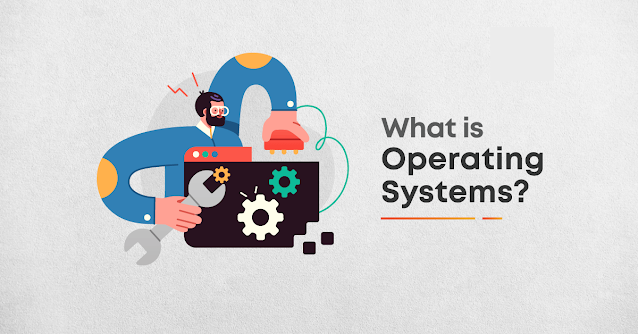What is Compiler and Uses of Compiler?
What's Compiler?
To be able to offer a optimized result, the compiler ought to be effective enough that it requires less time and distance when implementing the code. The computer is constructed as a combination of hardware and applications. The hardware can't know a human-readable language, or mostly, the code is written in the language that is high-level.
Thus, to be able to comprehend this code by machines, then it moves through numerous transformations, and that is when the language processing program comes in to play. It has a significant part in compiler design.
Whenever we write code at almost any high-level speech, the high level language moves through different stages and converts into language.
From the language process system, we will see the way the code composed in almost any high-level language is transformed to machine-level language.
Consider the following instance; A person writes code at a high-level language such as c. The compiler of high tech speech converts source code to assembly language. Subsequently assembler transforms the code that's compiled before into relocatable machine code. Finally, the linker connects each of the documents and loader puts all of the executable program collectively and load to memory. Before going ahead, we will need to comprehend the few conditions associated with the compiler.
HLL -- In case any app contains # or , then It's Called high-level language (HLL)
Pre-Processor -- Pre-Processor will eliminate all of the # by document addition and # by macro expansion.
Assembly Language -- It is neither entirely in the shape of 0s and 1s nor at a high-level speech. It's somewhere intermediate between the high tech speech and language code. This means that for each stage (Hardware + OS),
Assembler: we will get an assembler. It requires assembly speech as an input signal and transforms it into relocatable machine code. The linker is a program that unites separate object files into one executable file. The most important job of this linker would be to search and find the mention in the primary memory once an executable code will be loaded. Subsequently loader loads all of the programs into the primary memory and implements them.
However, interpreter differs in the compiler according to how they choose the input. An interpreter takes input in various ways. The compiler reads all of the input at the same time and can the processing and then implement them. However, in the instance of an interpreter, it requires input line by line and reveals whether the source code is either error-free or has any mistake. The compiler takes the entire program in precisely the exact same time and transforms it in to machine-level language, whereas the interpreter takes input line online. Interpreter language is significantly slower compared to compiler
language.


Comments
Post a Comment